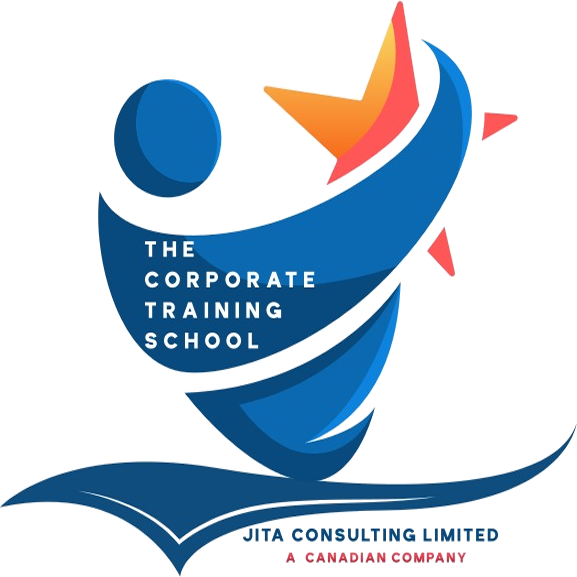Description
Facilitation is often referred to as the new cornerstone of management philosophy. With its focus on fairness and creating an easy decision-making process. Creating a comfortable environment through better facilitation will give you a better understanding of what a good facilitator can do to improve any meeting or gathering.
The Facilitation Skills workshop can help any organization make better decisions. This course will give you an understanding of what facilitation is all about and some tools that you can use to facilitate small meetings. A strong understanding of how a facilitator can command a room and dictate the pace of a meeting will have you on the road to becoming a great facilitator.
Course Curriculum
-
Introduction
-
Course Objectives ..
-
-
Module 1
-
Understanding Facilitation .. -
What is Facilitation? .. -
When is Facilitation Appropriate? .. -
What is a Facilitator? .. -
Knowledge Check ..
-
-
Module 2
-
Process vs. Content .. -
About Process .. -
About Content .. -
A Facilitator’s Focus .. -
Knowledge Check ..
-
-
Module 3
-
Laying the Groundwork .. -
Choosing a Facilitated Approach .. -
Planning for a Facilitated Meeting .. -
Collecting Data .. -
Knowledge Check ..
-
-
Module 4
-
Tuckman and Jensen’s Model of Team Development .. -
Stage One: Forming .. -
Stage Two: Storming .. -
Stage Three: Norming .. -
Stage Four: Performing .. -
Knowledge Check ..
-
-
Module 5
-
Building Consensus .. -
Encouraging Participation .. -
Gathering Information .. -
Presenting Information .. -
Synthesizing and Summarizing .. -
Knowledge Check ..
-
-
Module 6
-
Reaching a Decision Point .. -
Identifying the Options .. -
Creating a Short List .. -
Choosing a Solution .. -
Using the Multi-Option Technique .. -
Knowledge Check ..
-
-
Module 7
-
Dealing with Difficult People .. -
Addressing Disruptions .. -
Common Types of Difficult People and How to Handle Them .. -
Helping the Group Resolve Issues on Their Own .. -
Knowledge Check ..
-
-
Module 8
-
Addressing Group Dysfunction .. -
Using Ground Rules to Prevent Dysfunction .. -
Restating and Reframing Issues .. -
Getting People Back on Track .. -
Knowledge Check ..
-
-
Module 9
-
About Intervention .. -
Why Intervention May Be Necessary .. -
When to Intervene .. -
Levels of Intervention .. -
Knowledge Check ..
-
-
Module 10
-
Intervention Techniques .. -
Using Your Processes .. -
Boomerang it Back .. -
ICE It: Identify, Check for Agreement, Evaluate How to Resolve .. -
Knowledge Check ..
-
-
Assessment
-
Post-Test ..
-


